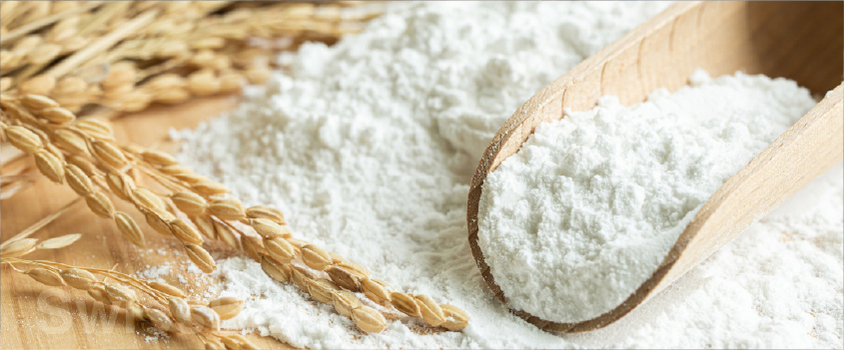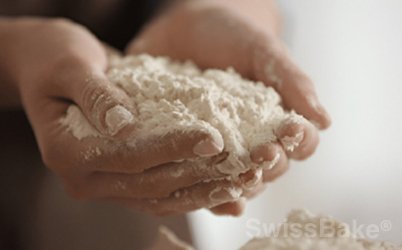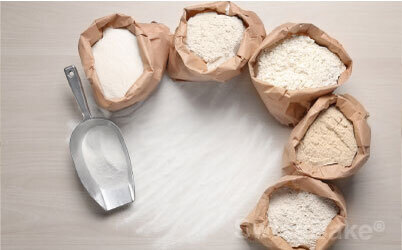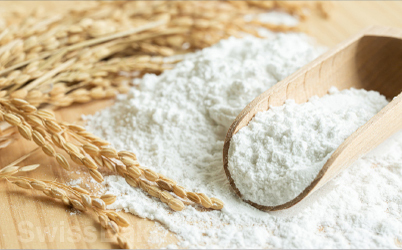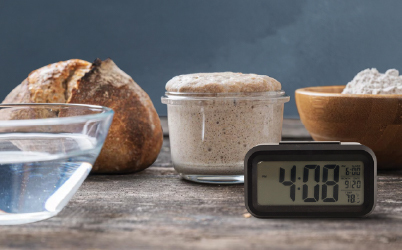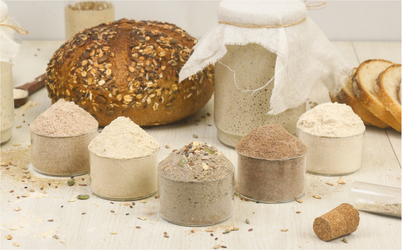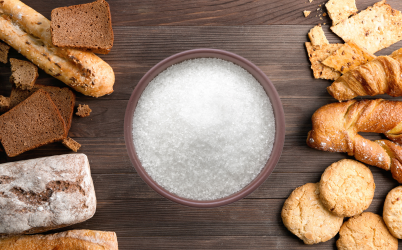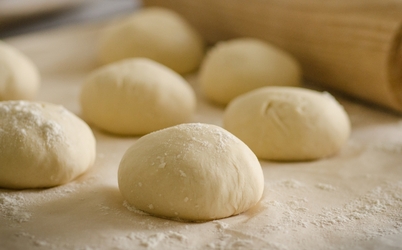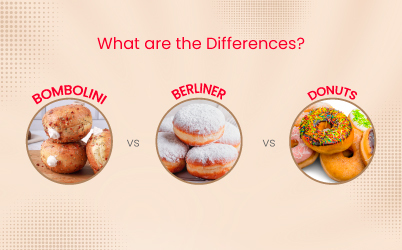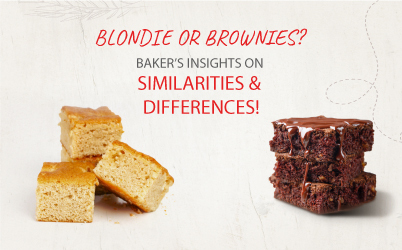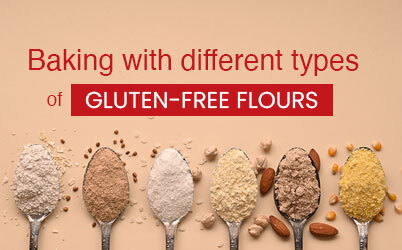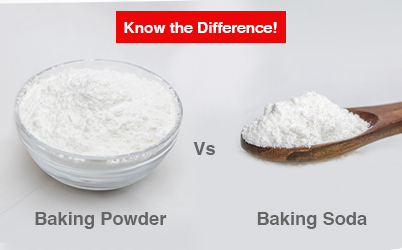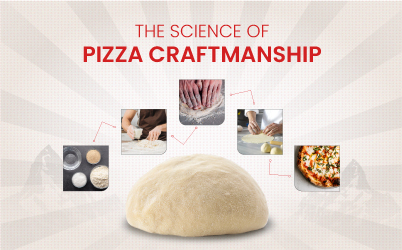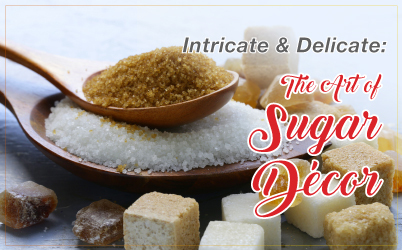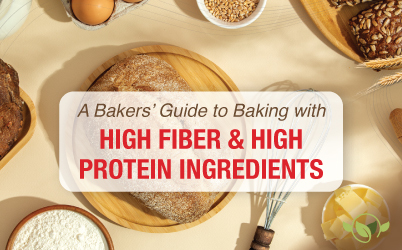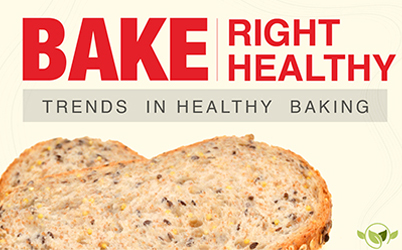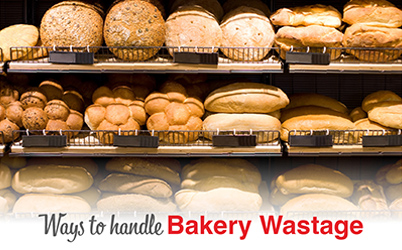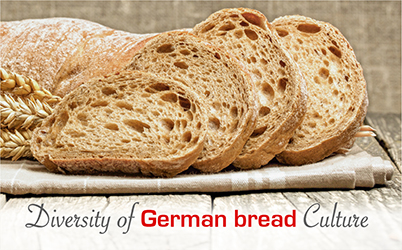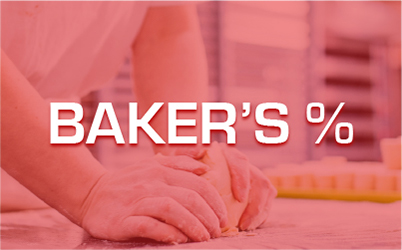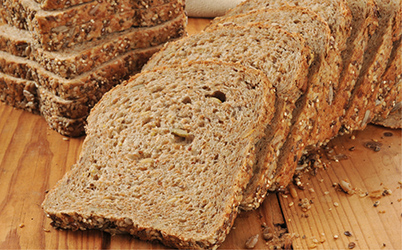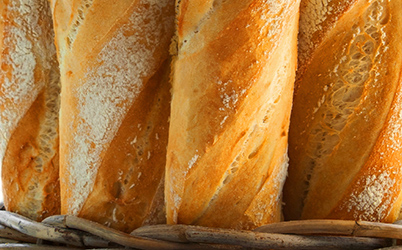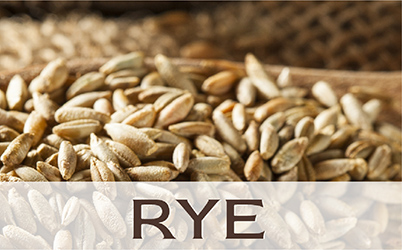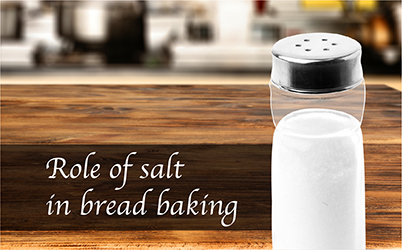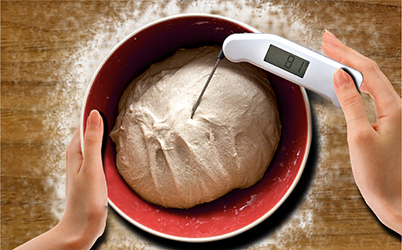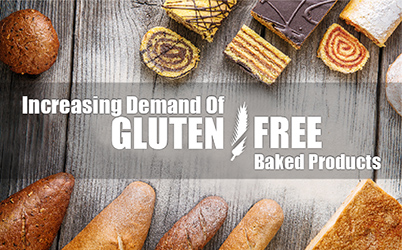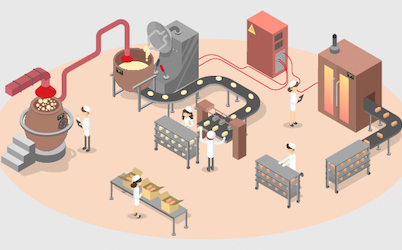Flour: The Oldest, Yet Most Evolving Ingredient as a Solid Foundation for Baking
Among the various flour options available, SwissBake flour stands out as a high-quality, innovative choice for professional bakers and commercial baking operations. With precision milling, optimized protein content and superior performance, it has become a trusted partner in achieving consistent, professional-grade and premium baked goods.
The Historical Journey of Flour
Flour’s journey dates back more than 30,000 years when early humans discovered the potential of ground grains. The Egyptians pioneered the use of leavened bread, incorporating naturally occurring yeasts to create lighter textures. Over the centuries, different civilizations developed their unique methods of milling and refining flour, leading to the diverse varieties available today.During the industrial revolution, flour production underwent significant advancements. Roller milling replaced traditional stone milling, improving efficiency and consistency. The introduction of fortified flour, enriched with vitamins and minerals, addressed nutritional deficiencies and expanded its use across the globe.
Flour in Modern Baking: A Constantly Evolving Ingredient
Despite being one of the oldest baking ingredients, flour continues to adapt to new baking trends, technological advancements, and consumer demands. The development of specialty flours, protein regulated, gluten-free alternatives, and high-performance blends has allowed bakers to experiment and refine their recipes while maintaining efficiency and quality.Innovations in Milling and Flour Processing
Modern flour production has embraced technology to refine milling processes, ensuring consistent flour quality with specific protein levels, granulation, and absorption properties. Advanced milling techniques such as roller milling and micronized milling help control starch damage, impacting water absorption, dough elasticity, and baking performance.SwissBake flour is an example of how milling innovation with ash & protein percentage optimization meets versatile applications as per flour type. Designed for professional and industrial bakeries, it ensures uniform consistency, enhancing the performance of baked goods like bread, cakes, pizza bases, other doughs and pastries.
The Rise of Functional and High-Performance Flours
Professional bakers require flours tailored to specific applications, whether it’s for artisan bread, laminated pastries, or high-volume cake production. Functional flours with optimized hydration properties, ash content, protein percentages, improved gluten strength and stability have transformed commercial baking.SwissBake flour offers high-performance solutions that cater to precise baking requirements, including:
- High-gluten flour for robust bread structures
- Low-protein cake flour for delicate and soft textures
- Multigrain and whole wheat blends for healthier formulations
- Enzyme-enhanced flours for improved dough conditioning and shelf stability
Flour’s Impact on Baking Performance
Flour quality directly influences the structure, texture, and shelf life of baked goods. Industrial bakeries require flour with consistent hydration, protein content, and stability to maintain batch-to-batch uniformity. Key flour properties that impact baking performance include:
- Protein Content & Gluten Development: High-protein flour is essential for chewy bread, while low-protein flour suits tender pastries and cakes.
- Water Absorption & Dough Yield: Flour’s ability to absorb water affects dough consistency and yield per batch, impacting production efficiency.
- Ash Content & Color: The level of bran and germ in the flour determines its color and mineral content, influencing the final appearance of baked goods.
- Enzymatic Activity & Shelf Life: Some flour blends are enriched with enzymes to enhance fermentation, dough relaxation, and overall product freshness.
Meeting Industrial Baking Challenges with SwissBake ® Flour
Large-scale bakeries face unique challenges such as consistency, efficiency, and product stability. SwissBake ® Flour addresses these issues with:
- Consistent Flour Quality: Precision milling guarantees uniform protein content and baking performance.
- Tailored Formulations: Specialty flour blends enhance performance for specific applications, from crusty baguettes to airy sponge cakes.
- Efficiency in Production: High-absorption and optimized flour blends reduce waste and improve dough handling in automated systems.
Trends in Flour for Professional Bakers
Customizable Flour Blends for Industrial Applications
The need for precision in large-scale baking operations has led to the rise of customized flour blends. Industrial bakeries require consistency at scale, and flour formulations tailored to specific hydration, fermentation and protein needs help streamline production while enhancing quality.Health-Driven Flour Innovations
As consumers seek healthier options, the demand for functional and fortified flours is growing. High-fiber, ancient grain, and protein-enriched flours are making their way into commercial bakeries, providing a nutritional edge while maintaining traditional baking performance.Gluten-Free and Alternative Flours: The New Frontier
The demand for gluten-free and alternative grain flours has surged as consumer preferences shift towards dietary inclusivity. Rice, almond, buckwheat, sorghum, and chickpea flours have entered the professional baking space, allowing for innovative gluten-free formulations.SwissBake® has developed gluten-free flours and mixes < hyperlink > that mimic the texture and performance of traditional wheat-based flours, ensuring that bakers can meet the needs of this expanding market segment without compromising quality or consistency.
Conclusion: The Ever-Evolving Role of Flour in Baking
Flour, despite being one of the oldest ingredients in baking, remains one of the most dynamic. Its evolution from primitive ground grains to specialized blends tailored for professional bakers and industrial bakeries showcases its importance as a foundational element in baking.SwissBake® Flours for professionals exemplifies this evolution by offering precision-milled, high-performance solutions that cater to the complex demands of modern baking. Whether it’s traditional artisan bread, high-volume cake production, or innovative gluten-free alternatives, the right flour makes all the difference.
For commercial and industrial bakers, staying ahead in the industry requires leveraging the best flour solutions available. With SwissBake® Flours , professionals can achieve unmatched quality, consistency, and efficiency in their baking operations, ensuring success in an ever-evolving market.

